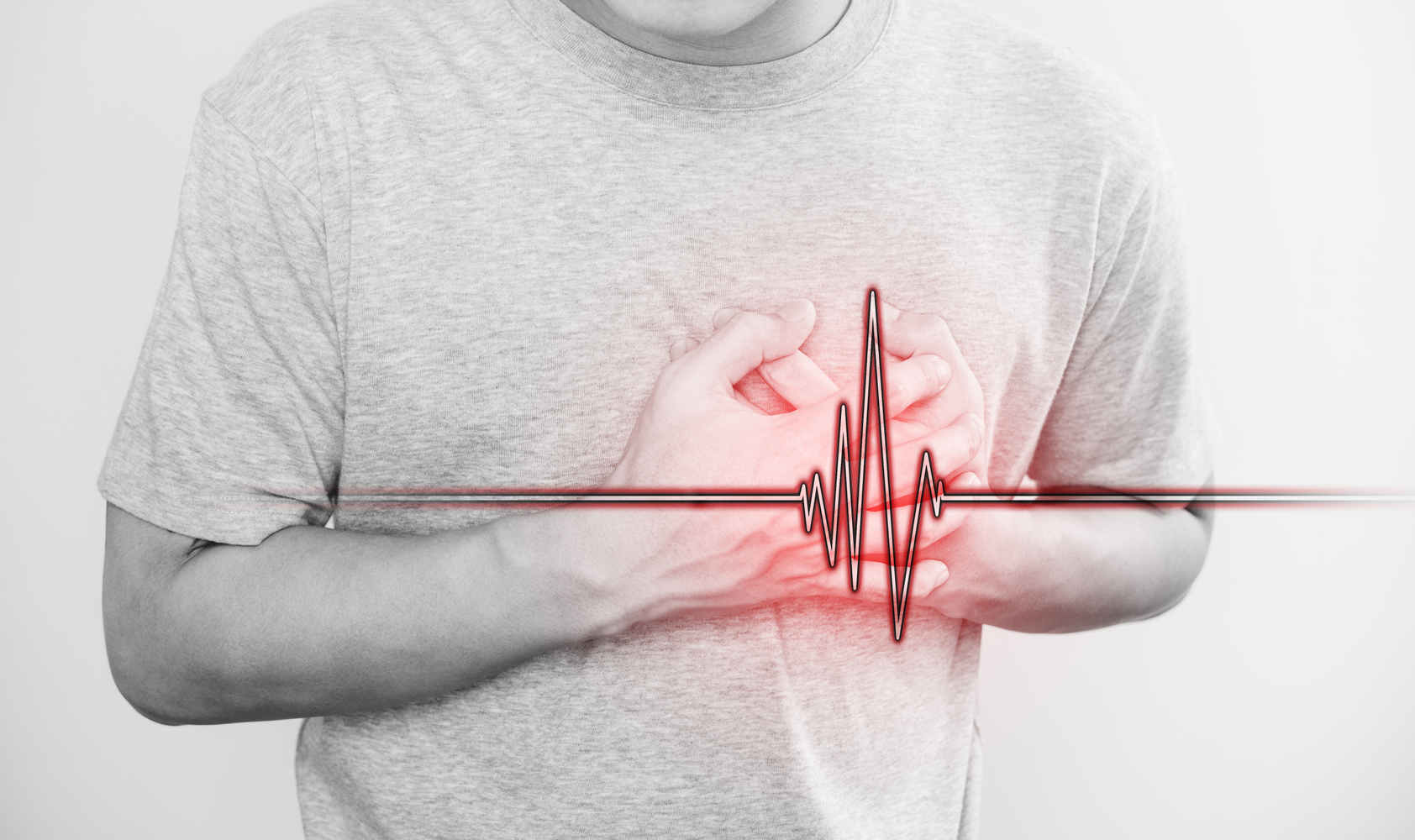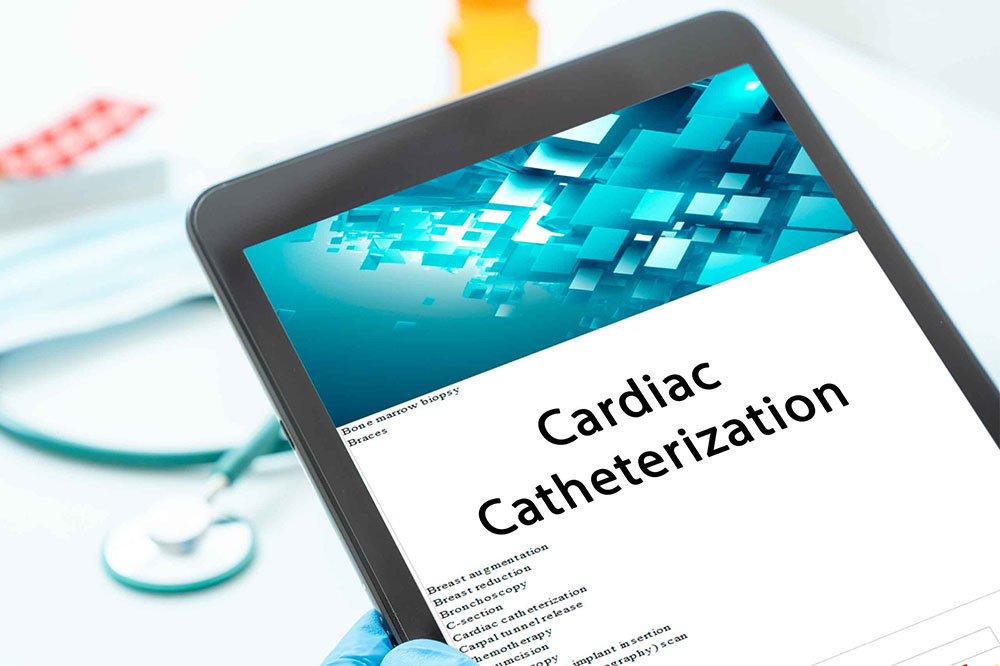Comprehensive Guide to Heart Valve Disorders
Explore the essentials of heart valve diseases including their causes, symptoms, and treatment options. Learn how these conditions affect heart function and what measures can help in early diagnosis and management for better heart health.
Sponsored

Understanding Heart Valve Disorders
Heart valves are vital structures within the cardiovascular system that control blood flow in the heart. When these valves malfunction, they can lead to serious health issues requiring medical attention. Knowing how heart valves work, the types of valve conditions, their causes, symptoms, and treatment options can help in early diagnosis and management.
How Heart Valves Work
Located inside the heart, heart valves are thin tissue flaps that open and close with each heartbeat to direct blood flow. The four main valves include the aortic, mitral, pulmonary, and tricuspid valves.
Common heart valve issues include regurgitation, where blood leaks backward due to improper closure; stenosis, a narrowing that impedes blood flow; and atresia, where a valve is completely closed or absent, blocking blood passage. These problems can affect overall heart function depending on the affected valve.
Causes of heart valve diseases range from congenital defects to acquired conditions. Genetic factors can cause abnormal valve development, while inflammatory diseases like rheumatic fever, infections, or radiation therapy can damage valves. Age-related changes, such as thickening or stiffening, also contribute. Other factors include coronary artery disease, heart attacks, and high cholesterol levels. Regular check-ups allow for early detection, reducing complication risks. Treatment may involve medications or surgical procedures like valve repair or replacement.
Symptoms of valve disorders often go unnoticed initially but can include chest pain, irregular heartbeats, shortness of breath, swelling in the abdomen or limbs, fatigue, dizziness, or weakness. Monitoring these signs and seeking medical advice is crucial for effective management.
Treatment options depend on the severity and type of valve problem. Surgery might be necessary to replace damaged valves with artificial or biological alternatives. Mechanical valves last longer but may require lifelong blood-thinning medications, whereas biological valves last up to two decades without such therapy. The prognosis varies with overall health, age, and the presence of other heart conditions.
The recovery process from valve surgery involves hospital stays of around a week, with ongoing care to ensure healing and prevent infections. Post-operative guidelines must be followed carefully. Full recovery may take several months, requiring patience and vigilance for any signs of complications, such as fever or chest tenderness.






